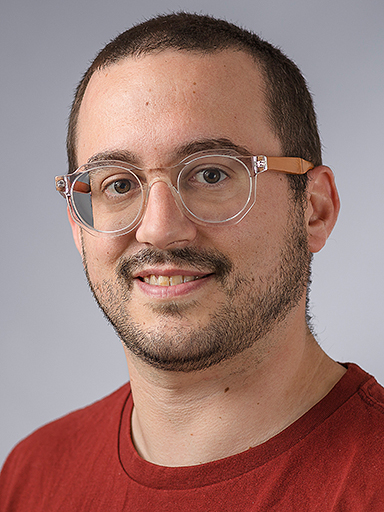Umeå University (UmU) was founded in 1965 and is Sweden's fifth oldest university. Today, it has a strong international and multicultural presence with students, teachers and researchers from all over the world (approx. 35,000 students and over 4,600 employees). The aim of the university is to continue becoming one of Scandinavia's best environments for study and research and meet the challenges of an ever-increasing global society. UmU is one of Sweden’s most comprehensive universities within all areas of scientific research. This research takes place on a broad scale in order to compete in the international arena. The university conducts ground-breaking research within several areas e.g. Biogeochemistry, Ecosystem Dynamics, Energy, Infections, Plant and Forest Biotechnology and Social Welfare Research. Furthermore, UmU carries out strong research in physics, for example in optical physics, nonlinear physics, plasma physics, general relativity, condensed matter physics and nanotechnology, photonics, biological physics, complex networks, space physics and physics education. A specific example of UmU’s world class research is Emmanuelle Charpentier, who was awarded the Nobel Prize in Chemistry 2020 for her discovery of the CRISPR-Cas9 genetic scissors when she was active at UmU.









